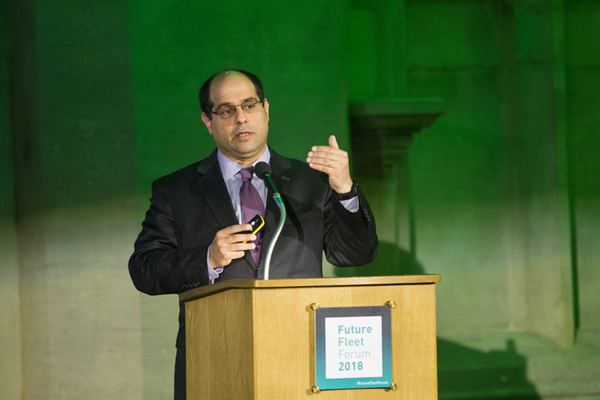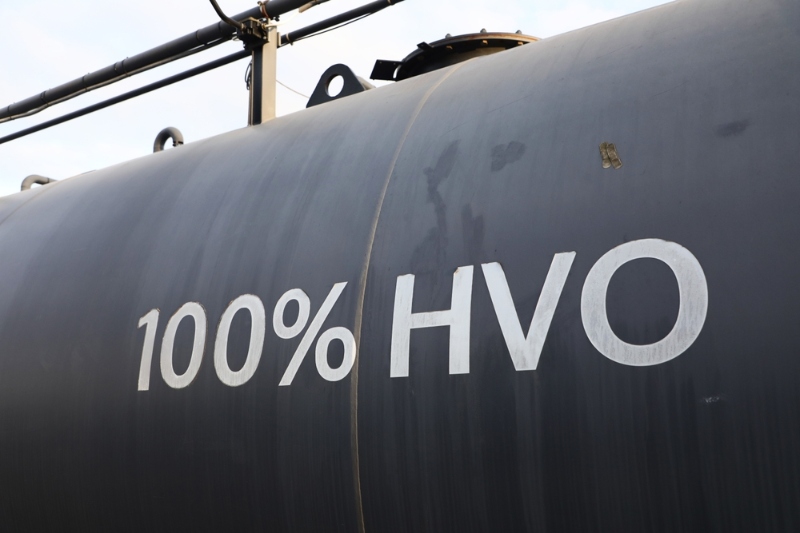Deputy Commissioner and Chief Fleet Officer for the City of New York, Keith Kerman highlights how the City has carried out comprehensive research on biofuel.

Last week, the Nobel Prize for Chemistry was awarded to scientists John B Goodenough, M Stanley Whittingham, and Akira Yoshino who have spearheaded the development of lithium-ion batteries. These batteries have transformed our daily lives in smartphones and our fleet in the development of electric vehicles. NYC Fleet is one of the largest early national adopters of electric vehicles powered by these innovative battery developments.
This award is also a reminder of the important role chemistry plays in understanding and improving our lives. As we work to reduce vehicle emissions and address climate change, it is chemistry that informs the threat and helps us develop solutions. NYC Fleet has made electrification and bio-fuel development a focus of our NYC Clean Fleet efforts, and it is chemistry that enables these solutions.
NYC Fleet is fortunate to have a PhD Chemical Engineer, Ramona Ledesma-Garrido, on the team. Ramona has done important work looking at the compatibility of biofuels (B20) with under-ground storage tanks, fuel dispensers, and other infrastructure. This research has been presented to Federal EPA, State DEC, FDNY, the National Biodiesel Board (NBB), and others and has helped advance the use of biofuels in fleets. We have also prepared research on the use of renewable diesel (RD) in fleet systems and the potential use of B50, fifty per cent biodiesel.
In FY19 DCAS used its first 1 million gallons of renewable diesel in fleet vehicles. While we work to grow that programme, we are thinking ahead to the potential use of renewable diesel in heating oil. In FY19, NYC Fleet used a little less than 16 million gallons of fleet diesel per year. In the same year, NYC government buildings used 26 million gallons of heating oil diesel.
Californian cities like San Francisco have made great progress in implementing renewable diesel with fleet. The potential to use this fuel as well for heating oil is far less well developed and another potential area for NYC to lead.
We are publishing an initial review of the potential to use RD for heating oil. The report is attached at the link here.
In addition to the discussion of RD and heating oil, this report provides an important review of the chemistry behind climate change itself. To combat the threat of climate change, we all need to make sure we understand what is happening to our climate.
What is happening is that the chemistry of the atmosphere is changing and our dependence on fossil fuels is the main cause.
I hope you will take the time to review this report both for its discussion of renewable diesel and also the chemistry behind the atmospheric change. We don’t all need to be chemists, but we do need to understand the basic science behind climate change and our pressing need to address it.







